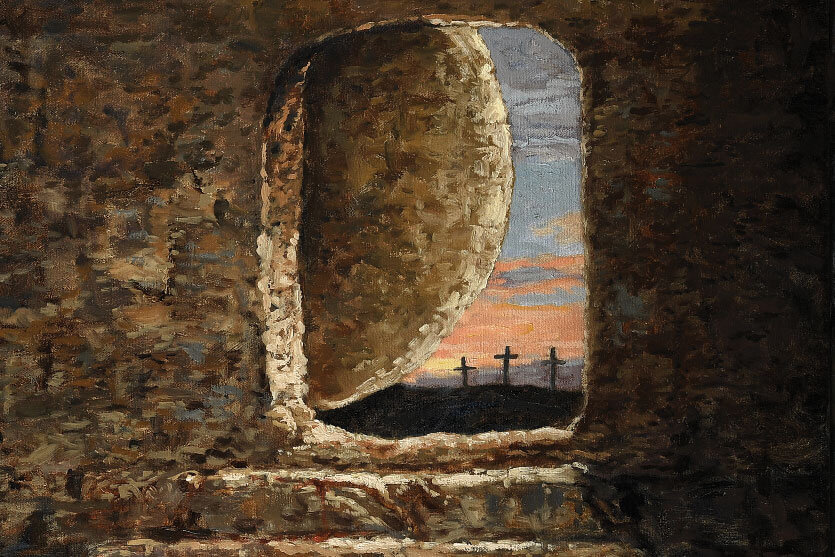PRAY
Loving Father, may I have the power to know the love of Christ that surpasses knowledge (Ephesians 3:18-19).
READ
Then he poured water into a basin and began to wash the
disciples’ feet and to wipe them with the towel that was tied
around him. He came to Simon Peter, who said to him, “Lord, are
you going to wash my feet?” Jesus answered, “You do not know now
what I am doing, but later you will understand.” Peter said to him,
“You will never wash my feet.” Jesus answered, “Unless I wash you,
you have no share with me.” Simon Peter said to him, “Lord, not my feet only but also my hands and my head!” Jesus said to him, “One who has bathed does not need to wash, except for the feet, but is entirely clean.
And you are clean, though not all of you.” For he knew who was to
betray him; for this reason he said, “Not all of you are clean.”
John 13:5-11
Did the disciples wink and snicker when Jesus nicknamed Simon the “Rock” (Petros), or Peter? (Matthew 16:18) Bless his heart, there were times Simon seemed more like “Shifting Sands” than a “Rock”. Peter is vacillating, shifting from one extreme to another (“You will never wash my feet”) and (“Lord, not my feet only but also my hands and my head”). How much like Peter, how much like me!
We see in today’s Scripture something happening on a deeper level than just washing dirty feet. Jesus lets Peter know there is more going on when He says: “You do not know now what I am doing, but later you will understand.” As the night unfolds we see that Jesus washing the disciples’ feet was a living parable of washing away sin by His death and resurrection. This is emphasized by two different Greek words Jesus uses for cleansing in His conversation with Peter. Jesus states, “One who has bathed (Greek: louo) does not need to wash (Greek: nipto), except for the feet, but is entirely clean. And you are clean, though not all of you.”
The Greek word louo, translated “bathed”, means to “bathe all over”. The Greek word nipto, translated “wash”, means to cleanse just a part of the body. In the first century world people would “bathe all over” at the public baths, but on the walk home their feet would get dirty. They did not have to totally bathe again, but just get their feet washed.
Jesus employs vivid imagery to explain that the moment Peter or anyone else turns to Him in faith, he is “bathed all over” from sin and given eternal life. When Jesus bathes from sin it is a complete washing with lasting results. This is the emphasis of the tense of the Greek word denoting a completed action in the past with lasting results in the present. God sees us clean from sin!
Yet, believers do stumble; we do sin in our everyday walk. Just ask Peter! But when we sin, we do not need a complete cleansing, but the daily “foot washing” Jesus promises to give. His promise stands true: “If we confess our sins, he who is faithful and just will forgive us our sins and cleanse us from all unrighteousness” (1 John 1:9).
Jesus reassured His disciples, with the exception of Judas, that they had been cleansed from all sin: “And you are clean, though not all of you.” For he knew who was to betray him; for this reason he said, “Not all of you are clean.”
All we who believe in Jesus, hear the Savior’s gracious words: “you are clean!”
REFLECT
- Jesus told Peter there was something more going on than just washing dirty feet. What is Jesus saying to me in this living parable of washing the disciples’ feet?
- Do I need Jesus to wash (nipto) my feet today, or to bathe me all over from sin (louo)? Whatever your sense, talk with Him about it now and thank Him!
O most merciful Redeemer, Friend and Brother, may I know Thee more clearly, love Thee more dearly, and follow Thee more nearly, day by day.
Richard of Chichester (1197-1253)



